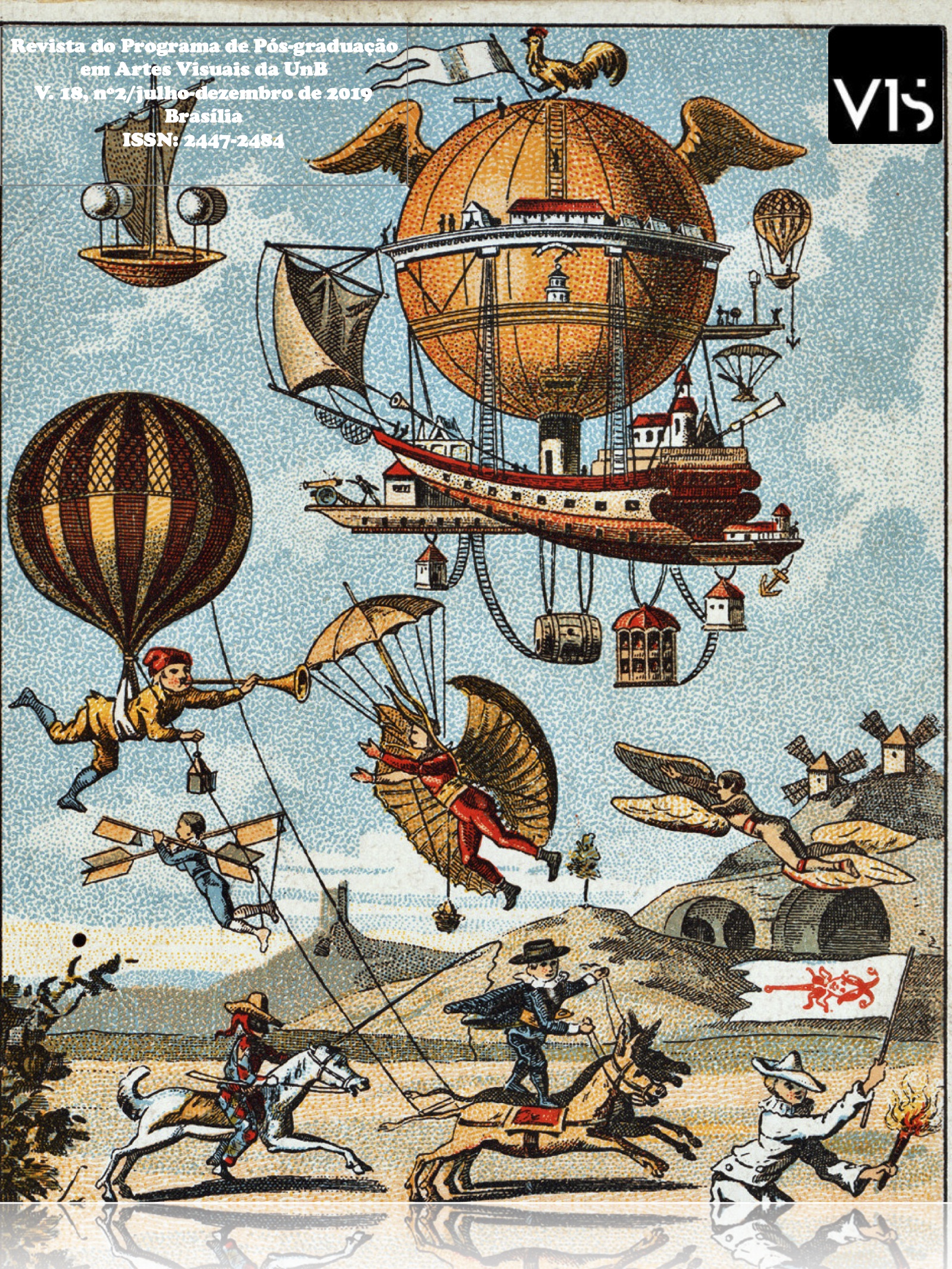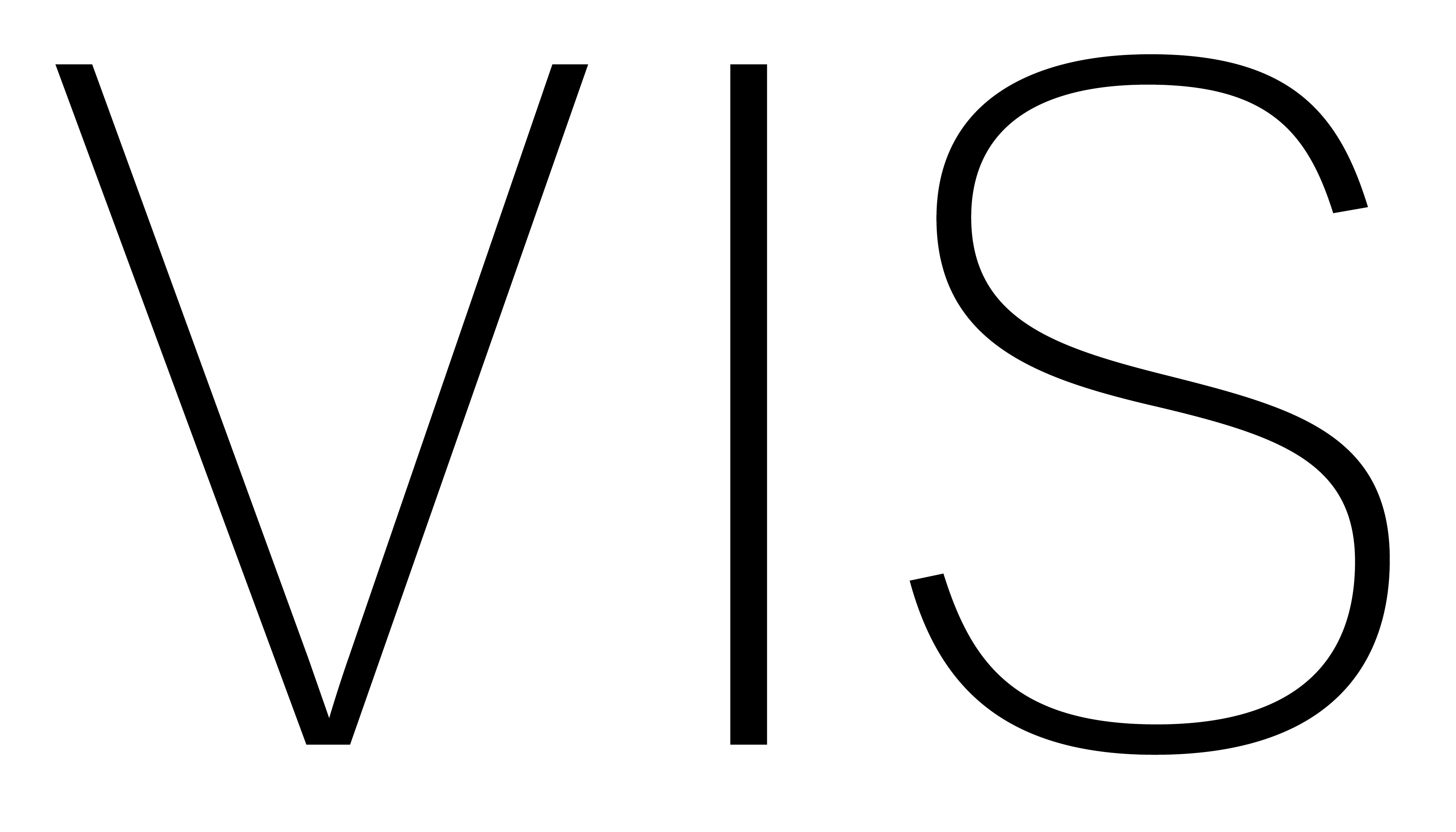Orlando and Utopia as Aporia
Body, Gender, Fiction
DOI:
https://doi.org/10.26512/vis.v18i2.27412Keywords:
Gender; Body; Fiction; Art Theory and History; Virginia WoolfAbstract
This texts stems from the realisation of an aporia: the utopic is the bearer of a tyrannical imposition of a projected idealness, which is nothing short of the perverse facet of utopia. To us, the ideological arsenal contrary to the unpredicatibility of gender modulations finds in Orlando, by Virginia Woolf (1882-1941), published in 1928, the symptomal investigative sign which gravitates around the complexities pertaining to gender issues, which is to us the most central question in contemporary thought. Historically, the constitution of gender is tantamount to an idealised non-place ”“ u-topos- in which the anatomic sex serves the reproductive regime responsible for the maintenance of an eden both marked and ruptured by the binary division of the sexes. The discursive naturalisation of biological sex provides the support of the logophonocentric architecture of binarismo. The attempt herein is to demonstrate how gender and signifying structures are interwoven in a field characterised by the ressonances and tensions of political, aesthetic and existencial contours. Gender is therefore the object of incessant fabulation and thus the privileged locus of the most radical and unsettling poiesis.




